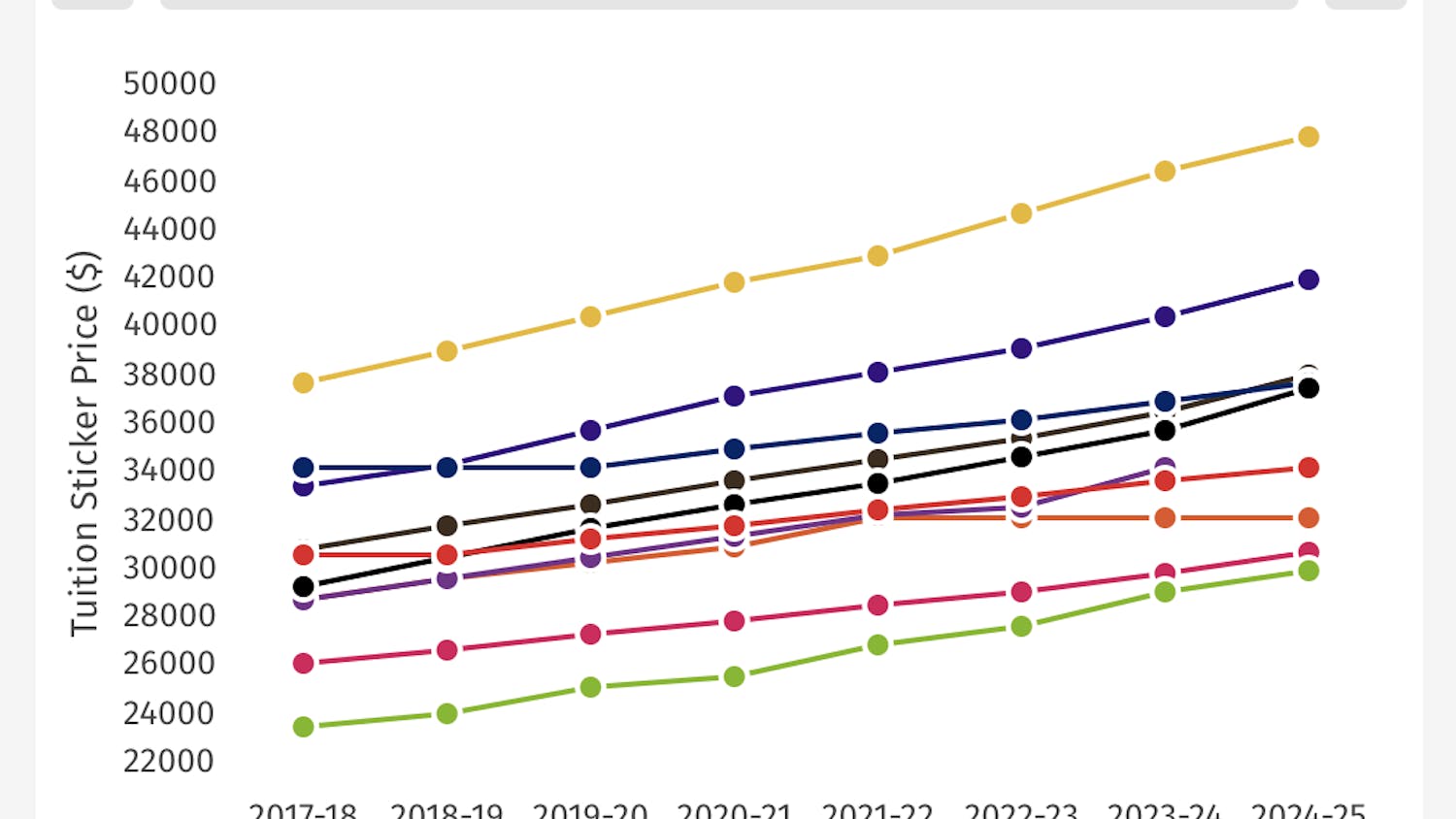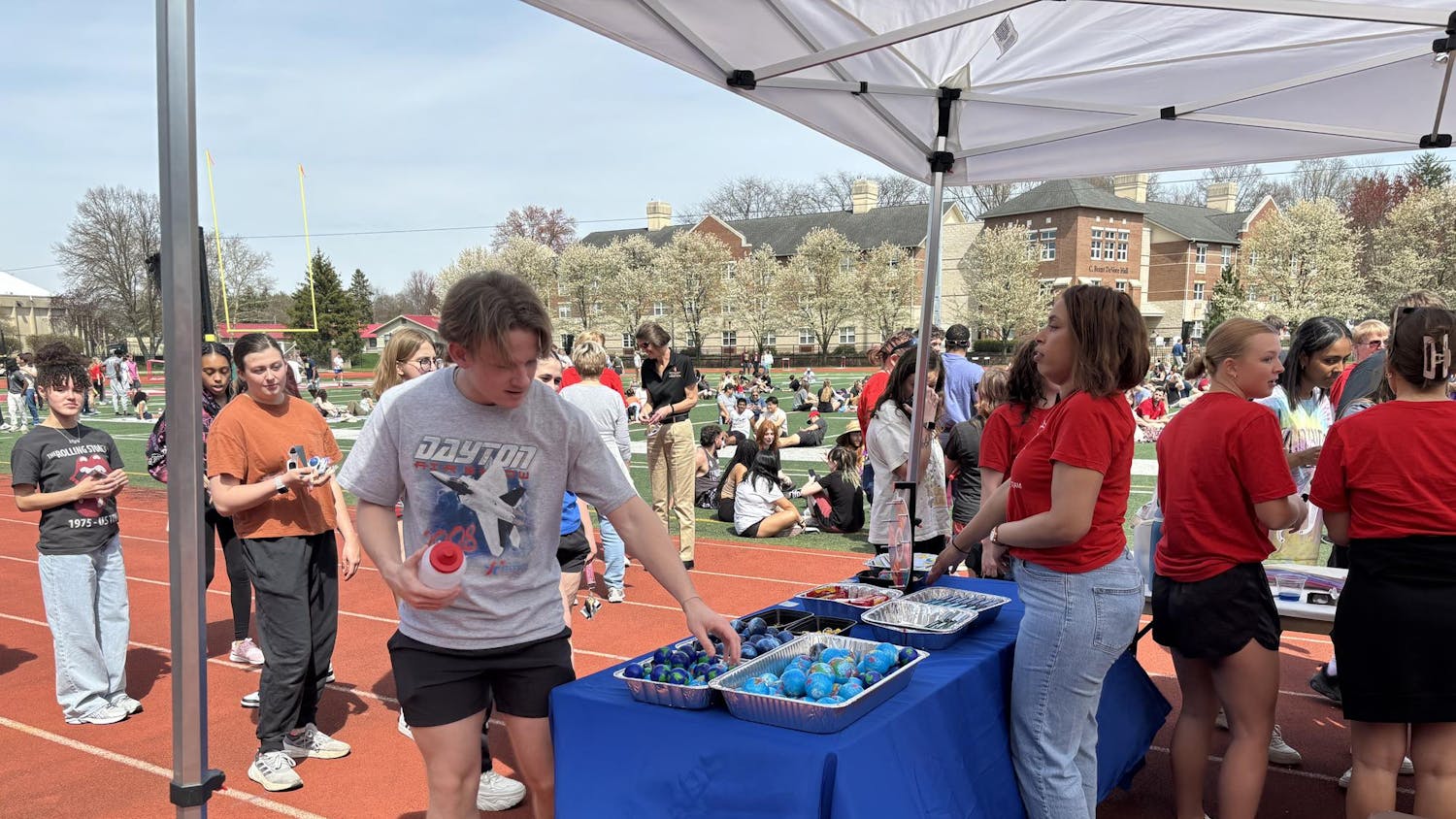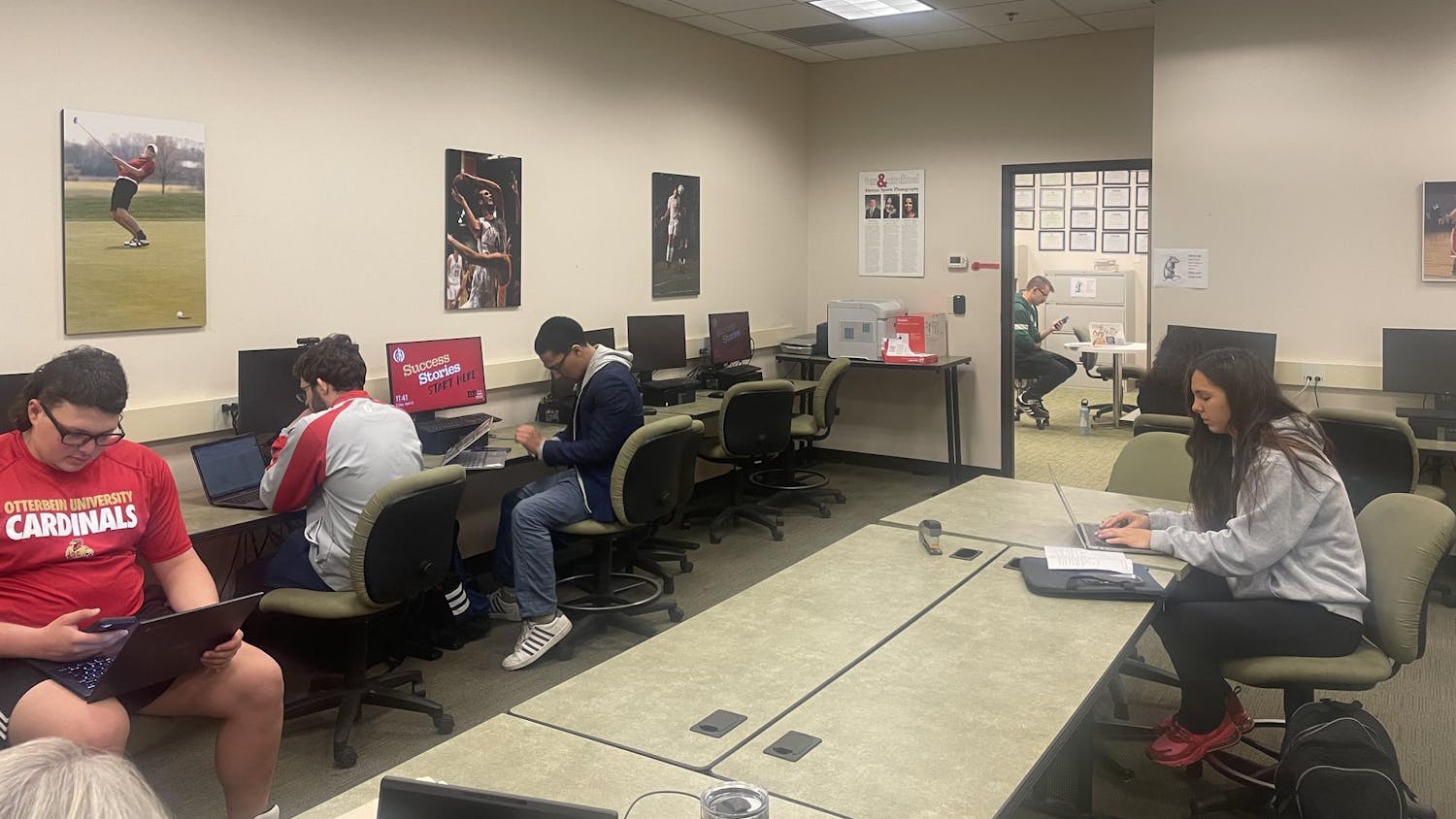I'm not really one to regret the follies of my elementary school years, but these days I'd give anything to reclaim those naps I grudgingly faked just so I could get a gold star. I'd even do it without the promise of a shiny sticker.
College kids don't get enough sleep. And if experience isn't a reliable enough source, the American College Health Association's 2009 College Health Assessment reported that only 10.9 percent of college students get enough sleep to feel rested every day.
It's one of life's terrible ironies: College students need more sleep than basically everyone except cats and babies — nine and a half hours, according to the National Sleep Foundation — and yet our busy schedules often require us to forego sleep and get maybe six hours of shut-eye a night.
Fun fact: Baby orca whales and their mothers stay awake for literally the entire first month of the baby's life, says the National Wildlife Foundation. Not-so-fun fact: We are not baby orca whales or their mothers.
So, if the possibility of cruising through life without sleep until the end of the quarter is eliminated, and we're too busy doing work to get to sleep early, how do we cope?
We take a nap. A siesta. Rest our eyes.
Our five-year-old selves would rebel at the thought, but there's no shame in taking a light snooze between classes.
According to the National Sleep Foundation, "a short nap of 20-30 minutes can help to improve mood, alertness and performance."
But naps can actually hurt you if you don't take them correctly.
Luckily, The Boston Globe published tips on healthy napping for adults.
Time of day is key, according to the Globe. Our bodies naturally begin to wear down and need recharging around midday.
So, if you get up around 8 or 9 in the morning, your ideal nap time would be somewhere in the 2-3 p.m. window. If you're an early riser, say 6 a.m., your nap should take place around 1 p.m.
Nap length is also important to consider.
If you have only 20-30 minutes, the Globe suggests drinking coffee before lying down in order to encourage alertness upon waking, since caffeine generally takes half an hour to kick in.
If you need to go to class and be very alert, don't nap for longer than 45 minutes. Otherwise you will probably end up tearing yourself out of slow-wave sleep, which can result in sleep inertia — grogginess and disorientation that can last for up to half an hour.
Some final tips: have a blanket handy, but nothing too heavy because excess warmth can cause you to oversleep, and set an alarm.
I appreciate any nap time I can get, but I'm working on getting smarter about it by not grabbing a nap too late or early in the day. The National Sleep Foundation says that naps can enhance performance and reduce mistakes, and as a college student, I'm all for that.
My younger self would probably think I'm a loser for needing and appreciating naps. But she can just take her gold stars and shove it. t&c;
LEAH DRISCOLL IS A SOPHOMORE JOURNALISM MAJOR AND IS A COPY EDITOR FOR THE t&c.;





